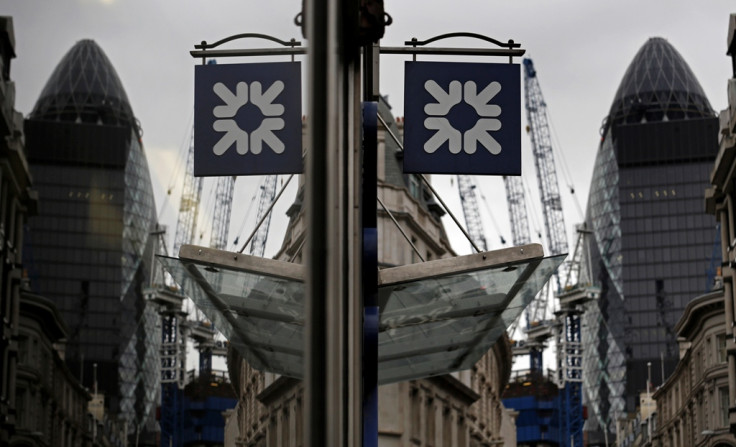RBS Invests £1bn in Customer Service for UK Businesses

The Royal Bank of Scotland has announced a £1bn investment in improving customer service for its business customers.
RBS is 81% owned by UK taxpayers after a financial crisis bailout spared it from collapse. Part of the bailout terms is that RBS must become a bank focused on supporting the UK economy and shun the risky casino-style investment banking that led it into trouble.
Under the investment plan, RBS will create eight "business accelerator hubs" across the country to help new entrepreneurs get off the ground and a streamlined service for businesses so they can open an account and get access to lending within five days.
Moreover, staff will be given more training so they can offer more advice and services locally to firms, rather than having to refer back to a central office.
The bank also said it will improve its wealth management service in the UK for its high net worth customers.
"Banking should be easy for customers, but in the past we have made it too complicated to do even the simplest of things. We are fixing this," said Alison Rose, chief executive of commercial and private banking at RBS.
"The investment we've pledged today will speed up account opening, simplify lending processes and provide tailored tools to help our people support customers better. This is exactly what a growing business needs from its bank, and is what we're focused on doing.
"We are the biggest lender to UK business, and we are determined to be the best bank for business too."
RBS scrapped in August its controversial "Global Restructuring Group" after it was accused by a government adviser of pushing struggling small businesses to the brink of bankruptcy for its own profit. RBS ordered an internal review, conducted by law firm Clifford Chance, which found no evidence of wrongdoing.
It has also shelled out billions of pounds in compensation to SME customers who were mis-sold financial products, such as interest rate swap agreements, before the crisis.
© Copyright IBTimes 2024. All rights reserved.






